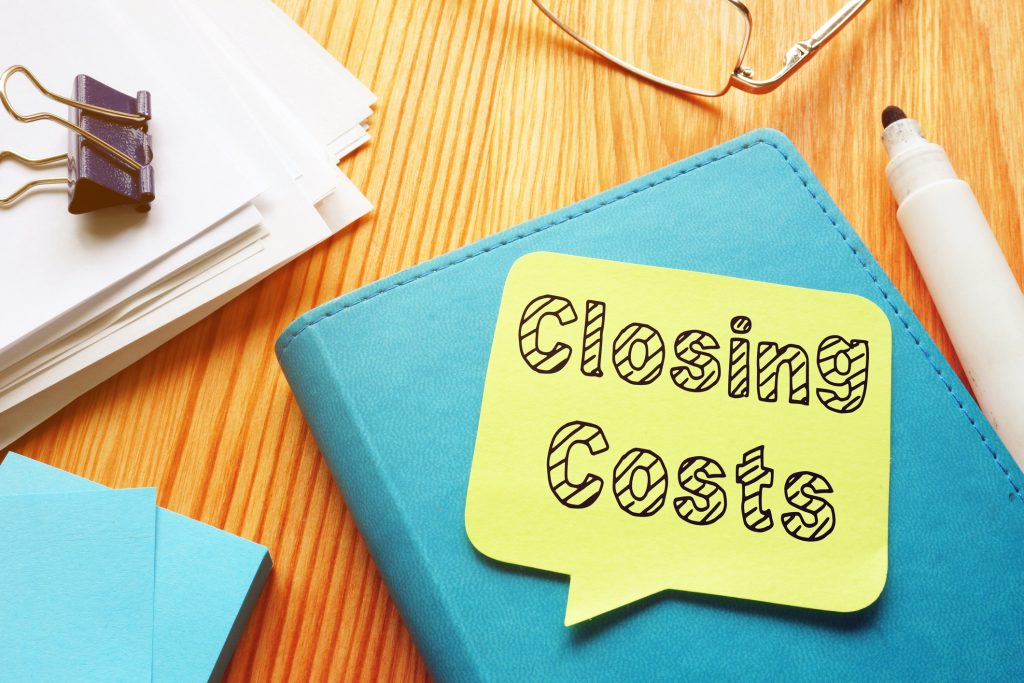Buying a home gives you a great feeling of accomplishment, however, it comes with multiple expenses beyond the purchase price. These expenses are essential to the final stages of the process, and having a clear understanding of what they include will help you prepare financially. Read on for what closing costs include, gain practical tips for managing them, and step confidently into your homeownership journey!
What Are Closing Costs?

Closing costs include the fees and expenses associated with finalizing a real estate transaction. They typically range from 2% to 5% of the home’s purchase price. While these costs can vary based on location, lender, and the specifics of the transaction, they generally include several key components.
Breakdown of Closing Costs:
- Loan-Related Fees:
- Origination – these cover the cost of processing the loan
- Credit report – lenders often charge for pulling your credit report
- Appraisal – a professional appraisal of the property’s value
- Title and Escrow Fees:
- Title Insurance – policies that ensure the property can be transferred legally cover both the buyer and lender
- Escrow – fee sent to the third-party managing the transaction
- Attorney-related fees – for buyer and lender representation
- Government Fees:
- Recording – paid to the local government for recording the purchase
- Transfer taxes – taxes imposed on the transfer of property ownership
- Prepaid Expenses:
- Property taxes – a portion of annual property taxes may need to be paid upfront
- Homeowner’s insurance – a policy must be bought and in place in time to close
Managing Closing Costs:
Implementing effective strategies to navigate these expenses will help for a smooth transaction. Here are some tips to help you manage and mitigate the impact of closing costs.
- Research and Negotiate:
- Shop around for lenders and services to compare costs
- Negotiate with the seller to cover some closing costs
- Review and Understand:
- Carefully review the Loan Estimate and Closing Disclosure provided by your lender
- Budget and Prepare:
- Factor in closing costs when budgeting for your new home
- Find rebates or incentives:
- Some banks might offer rebates for qualified borrowers or first-time homebuyers. It’s worth asking about these possibilities when you’re shopping around for a mortgage lender.
Closing costs are an inevitable part of purchasing a home, but understanding what they entail can help you navigate this process more confidently. Being prepared for these expenses allows you to budget accordingly and ensures a smoother transition to homeownership. Want to learn more about the process and potential costs related to homeownership? Join Chelsea Groton Bank for a free homebuyer class. Learn more and register on the Bank’s website.
